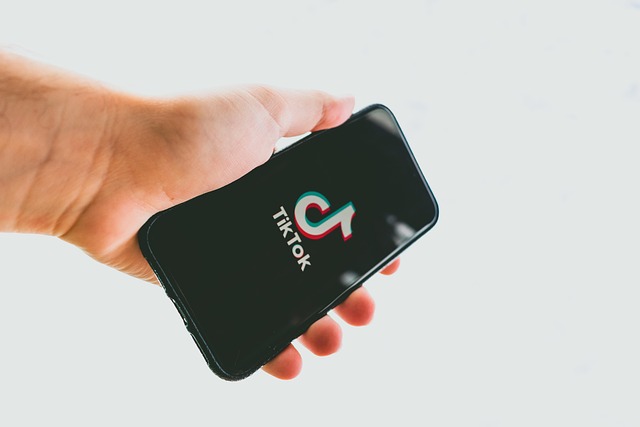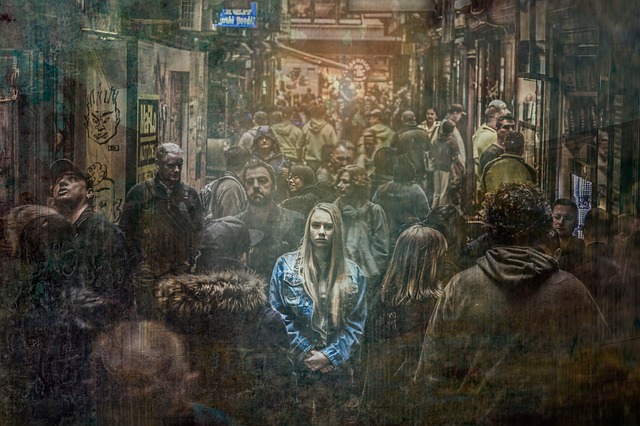In the age of digital connectivity, social media platforms have transformed the way we communicate and interact with one another. As we delve into the sociopsychological effects of online contacts, it’s essential to reflect on how these platforms shape our perceptions, relationships, and even our self-worth.
Social media impact is multifaceted, marrying technology and human behavior in a unique blend that creates both opportunities and challenges. On one hand, we are able to maintain relationships across great distances, connect with like-minded individuals, and even find support networks that transcend geographical boundaries. On the other hand, this very connectivity can lead to superficial interactions that may contribute to feelings of loneliness and isolation.
One of the most notable sociopsychological effects of social media is the phenomenon of social comparison. As we scroll through curated snapshots of others’ lives, it’s easy to fall into the trap of comparing our realities to these idealized representations. This can foster feelings of inadequacy and anxiety, leading individuals to obsess over their online personas and how they measure up against their peers.
Moreover, the instantaneous nature of social media allows for constant feedback, whether it’s through likes, comments, or shares. While this can bolster a sense of belonging, it can also create pressure to conform to the norms of online culture. As users craft their identities in this digital landscape, they may find themselves torn between authenticity and the desire for validation, further complicating their interpersonal relationships.
The links we forge online can be significant, but they often lack the depth and authenticity of face-to-face interactions. Many users report feeling more comfortable communicating behind a screen, which can make it easier to express thoughts and feelings. However, this also leads to a decrease in non-verbal cues, making it challenging to gauge tone and intent. As a result, misunderstandings can easily arise, and conflicts can escalate quickly without the benefit of direct human touch.
As we navigate our online contacts, it’s crucial to remain mindful of how these interactions shape our mental landscapes. Recognizing the sociopsychological effects of social media can empower individuals to curate their online experiences more deliberately. Engaging with positivity, limiting exposure to toxic influences, and prioritizing meaningful connections can help mitigate some of the adverse effects while enhancing overall well-being.
Ultimately, while social media offers unique opportunities for connection, it’s essential to tread carefully and deliberately. Cultivating a healthy balance between online engagement and real-world interactions can help individuals harness the positive aspects of social media while protecting their mental health and fostering deeper, more genuine relationships.




